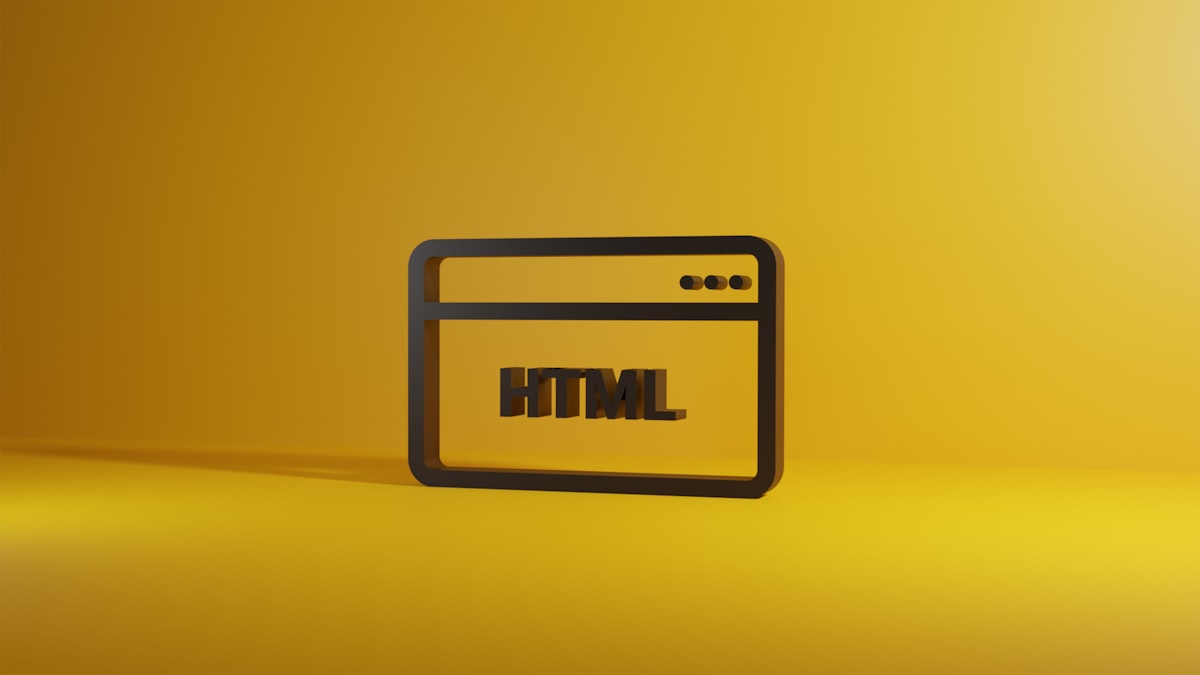Common mistakes javascript beginners make and how to avoid it

Common Mistakes JavaScript Beginners Make and How to Avoid Them
JavaScript is one of the most popular programming languages in the world. It's used to power some of the most popular websites and web applications, and it's a valuable skill for any developer to have. However, JavaScript can be a tricky language to learn, and beginners make a lot of mistakes in the process.
In this article, we'll be looking at some of the most common mistakes JavaScript beginners make and how to avoid them. With a little bit of knowledge and practice, you can become a better JavaScript coder.
Introduction
Before we dive into the common mistakes, let's quickly define what JavaScript is and why it's so important. JavaScript is a high-level, dynamic, interpreted programming language. It allows you to create interactive websites and web applications. It's used by millions of developers around the world, and it's especially popular for web development.
As a beginner, it's important to understand the basics of JavaScript and the common mistakes that are made in the process. Here are some of the most common mistakes that JavaScript beginners make, and how to avoid them.
Common Mistake #1: Copy/Pasting Code
One of the biggest mistakes that beginners make is copying and pasting code from other sources. This is a bad idea for a few reasons. First, if you don't understand the code that you're copying and pasting, you won't be able to debug any errors that arise. Second, if you copy and paste code from another source, you won't be able to customize it for your own needs.
It's important to understand the code that you're working with. This means taking the time to read the code and figure out what it does. If you don't understand the code, it's best to find a tutorial or ask a more experienced programmer for help.
Common Mistake #2: Not Understanding Variable Scope
Another common mistake that JavaScript beginners make is not understanding variable scope. Variable scope is an important concept in programming. It refers to the visibility of variables, or pieces of information stored by the code. Variables can be declared in different scopes, and they can be accessed within that scope. If you don't understand variable scope, you can run into problems with your code.
The best way to understand variable scope is to practice writing code. It's important to understand the difference between global and local variables, as well as how variables can be passed into functions. With practice, you'll begin to understand the concept of variable scope.
Common Mistake #3: Not Using Comments
Comments are an important part of coding. They allow you to explain what your code is doing and give other people an idea of what it does. Unfortunately, many beginners don't use comments in their code. This makes it difficult to understand the code and can lead to errors.
The best way to avoid this mistake is to make a habit of using comments. Whenever you write a piece of code, add a comment to explain what it does. This will help other people understand your code and make it easier to debug any errors.
Common Mistake #4: Not Taking Advantage of Debugging Tools
Debugging tools are an important part of programming. They allow you to find and fix errors in your code. Unfortunately, many beginners don't take advantage of debugging tools. They try to debug their code on their own, which can be a slow and tedious process.
The best way to avoid this mistake is to make sure you're familiar with the debugging tools available. There are a variety of debugging tools available, and it's important to understand how they work. With practice, you'll be able to debug your code more quickly and efficiently.
Conclusion
These are some of the most common mistakes JavaScript beginners make, and how to avoid them. With a little bit of knowledge and practice, you can become a better JavaScript coder. Don't get discouraged if you make mistakes, just remember to pay attention to the details and make sure you understand what you're doing.
Good luck, and happy coding!
